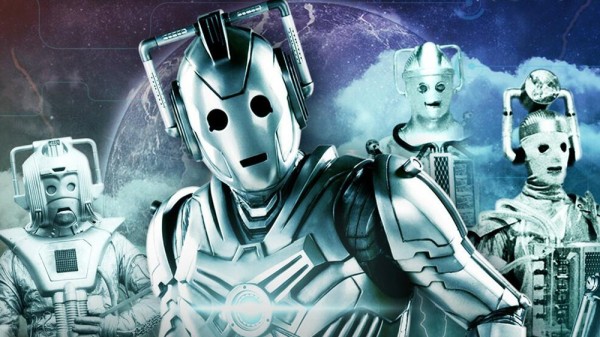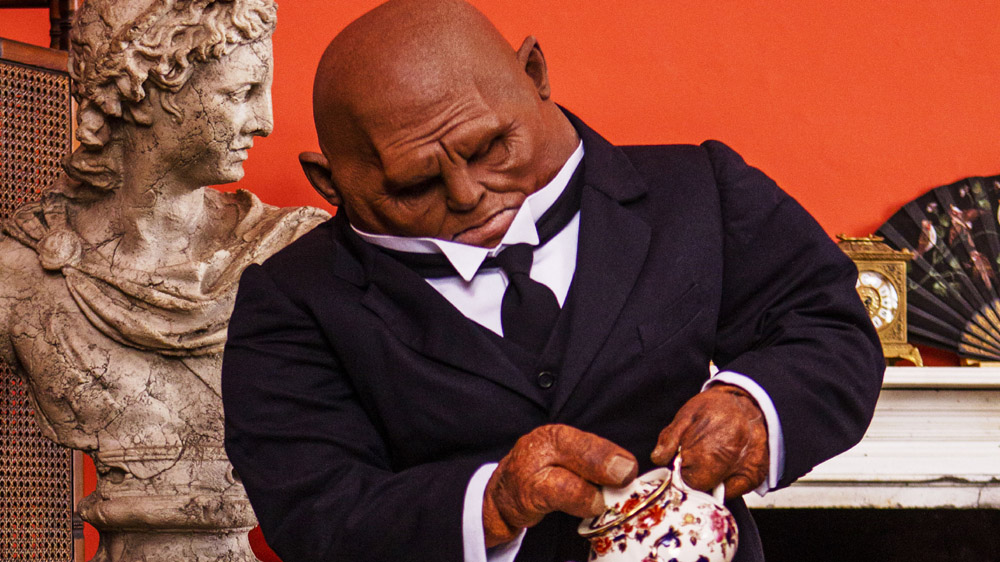In March 2015, Doctor Who will have been back on our screens for ten years.
During the past decade, four/five Doctors and countless companions have battled a galactic carnival of monsters, including new creations and a number of big-name returns from the classic series.
However, here are four that CultBox would prefer to see less of…
4. The Sontarans
The classic series took these one-dimensional, humourless, militaristic dicks seriously; the revamped version takes the piss out of them. It’s no improvement.
Strax works (in moderation) as a cartoon character, with the laughs coming as he tries to act against the dictates of his thuggish alien nature. But there is nothing funny about the rest of the Sontaran race – and few fans have been desperate to see them en masse again since 2008’s ‘The Poison Sky’.
3. The Weeping Angels
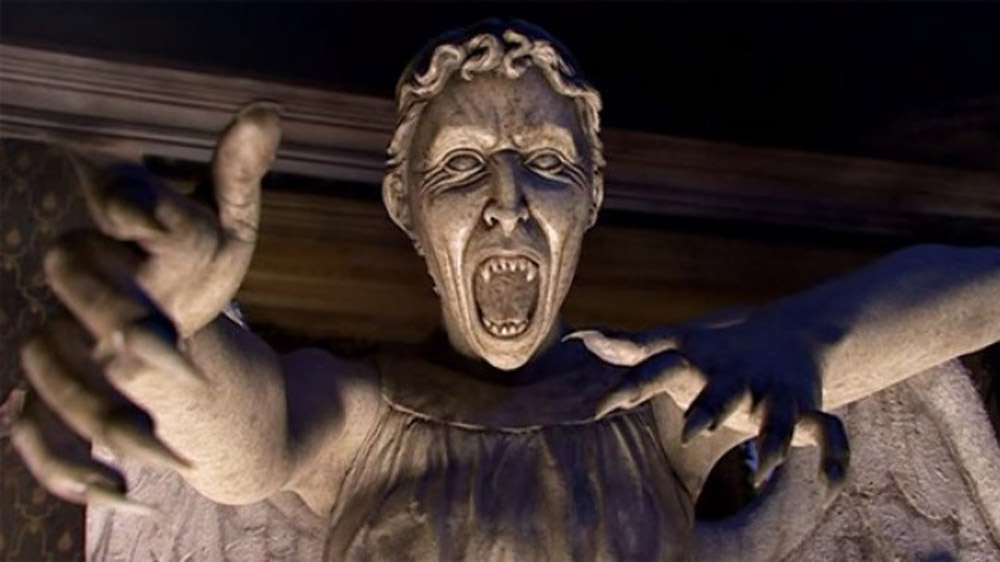
The law of diminishing returns is slowly crippling one of Steven Moffat’s finest creations.
In ‘Blink’, the Weeping Angels were peerless, magnificent; each subsequent reappearance has significantly reduced their mystery rather than enhanced their appeal. Rather than ruin them completely, perhaps flights of Angels should be sung to their rest. Permanently.
2. The Cybermen
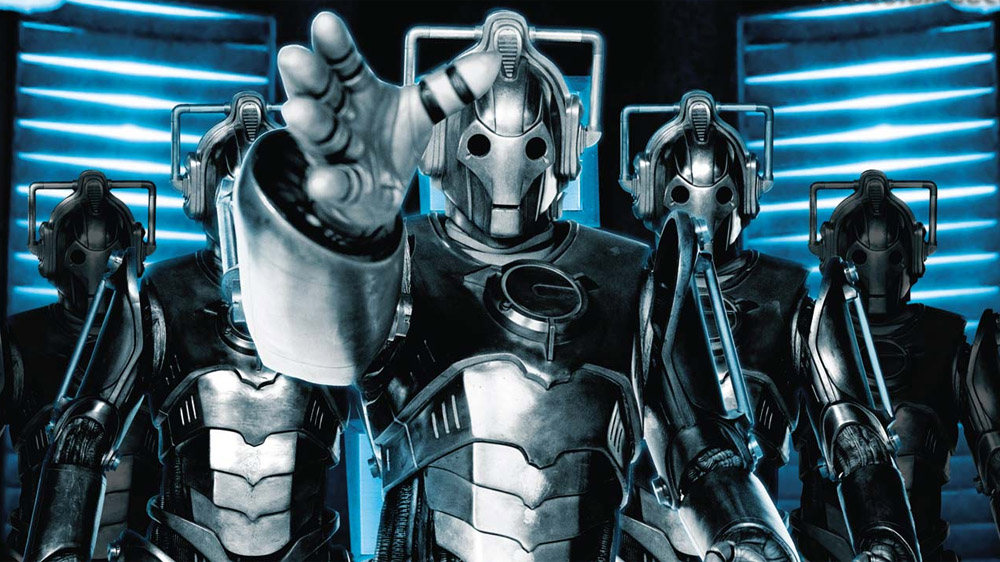
Let’s be honest, the Cybermen have been rubbish since the 1970s: tedious, lumbering automatons with all the appeal of a garden party with Alex James, Jeremy Clarkson and David Cameron.
Almost uniquely in modern Doctor Who, they’re worse now than they were in the old days, when their budget-saving cloth faces at least made them aesthetically creepy.
The occasional moments of inspiration aside – the long-awaited face-off against the Daleks in ‘Doomsday’, Rory calmly wiping out an entire squadron in ‘A Good Man Goes to War’, Handles in ‘The Time of the Doctor’ – stories featuring the Cybermen tend to be overblown and barely watchable. (Admit it, it was Michelle Gomez’s performance as Missy that stole Season 8’s finale, not her metal army.) Less is more; none would be even better.
1. The Daleks
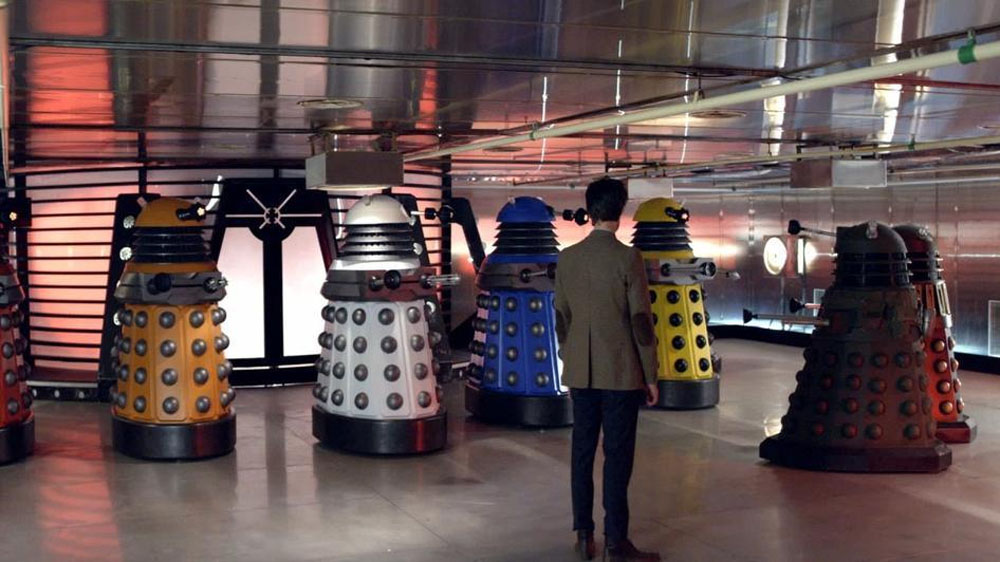
Discounting their supporting roles in the ‘… of the Doctor’ trilogy and ‘The Pandorica Opens’/‘The Big Bang’ (where their contributions were so negligible they could have been replaced by the Toclafane without adversely affecting the quality of the stories), the Daleks have featured in twelve modern Doctor Who episodes. But how many have actually been any good?
‘Dalek’ – the first sighting of any Skarovian in nu-Who – was superb: moving, shocking and pioneering. Their return in Christopher Eccleston’s season finale was Aliens to ‘Dalek’’s Alien: hordes of the demented bastards wreaking havoc rather than a single creature kicking off in a confined space. Not as good, perhaps, but still entertaining.
Their appearance at the end of ‘Army of Ghosts’ was an old-fashioned surprise of the best kind while it would be churlish to dismiss their scrap with the Cybermen in the follow-up, ‘Doomsday’.
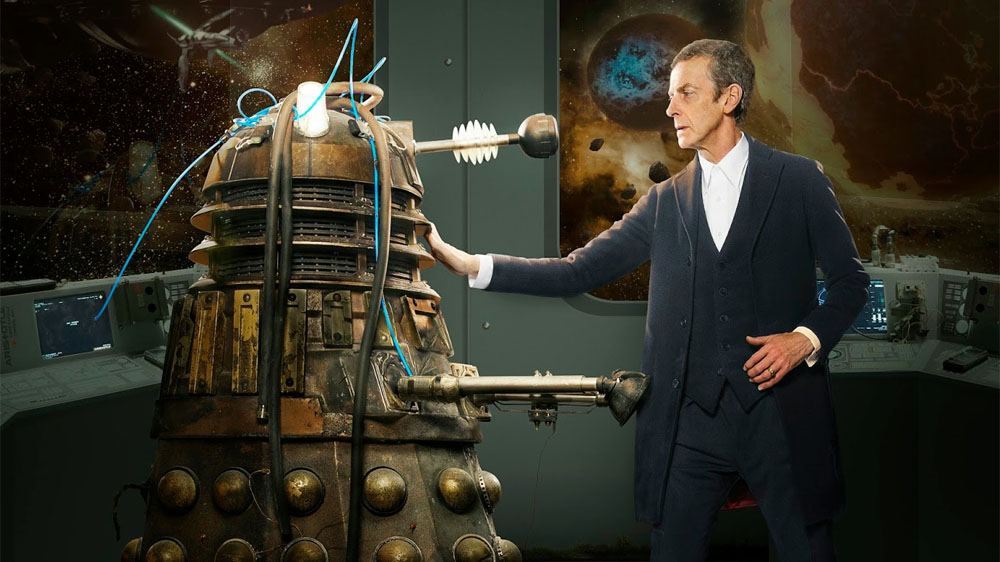
Since then, it’s been disappointment almost all the way, the only exception being ‘Asylum of the Daleks’. Everything else has been dreadful. Even ‘Into the Dalek’, watched without the forgiving filter of the early Capaldi euphoria, is nowhere near as impressive as it first appeared.
This is a fairly decent encapsulation of the problem with the Daleks. They were an excellent concept half a century ago, then Terry Nation’s mid-‘70s revisionism made them even better and Robert Shearman had a bloody good idea in 2005 (or rather, in 2003, when he wrote the audio story upon which ‘Dalek’ is based), but they’ve been crumbling under the weight of their own history and their lucrativeness as marketing gimmicks for ten years.
Until someone finds a way of making these millstone cash cows consistently interesting, they should be pensioned off to the Genesis Ark.
Which big-name Doctor Who monsters do you want a break from? Let us know below…

